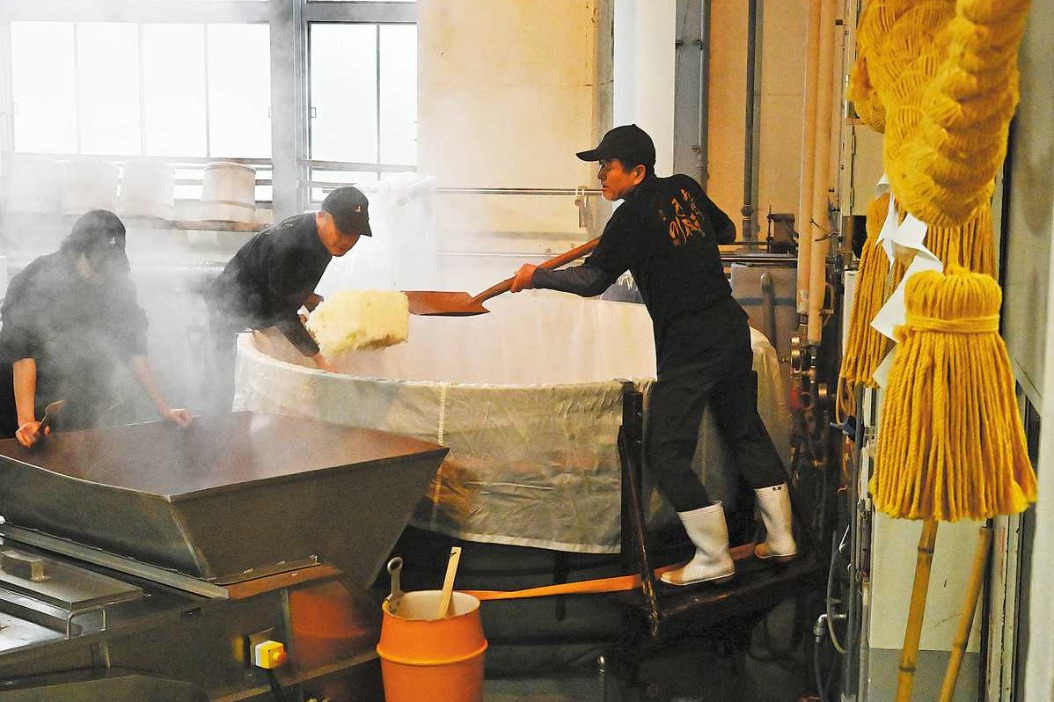London scientists develop new test for potentially deadly peanut allergy

LONDON - Scientists from Britain's Medical Research Council (MRC) have developed a new laboratory test to safely diagnose peanut allergy with a 98 percent accuracy, it was reported Thursday.
Unlike current options, the new test doesn't run the risk of false-positives or causing allergic reactions such as anaphylactic shock, said the MRC.
Hundreds of people around the world, many of them children, die each year as a result of peanut allergy.
The simple blood test is five times more cost-efficient compared to the oral food challenge -- the standard food allergy test -- and could be adapted to test for other food allergies.
Peanut allergies are among the most common food allergies in children, with doctors currently diagnosing the allergy using a skin-prick test or specific IgE test, but this may result in over-diagnosis or false-positives and it cannot differentiate between sensitivity and true food allergy.
When skin-prick and IgE test results are unclear, allergists rely on feeding peanuts in incrementally larger doses to a patient in a highly-controlled setting in hospital to confirm allergy to the food. While the test is the gold-standard for diagnosing food allergies, there is risk of causing severe allergic reactions. Now, the researchers have developed a safer, accurate blood test in the lab.
Dr Alexandra Santos, an MRC clinician scientist at King's College London, paediatric allergist and the study's lead author, said: "The current tests are not ideal. If we relied on them alone, we'd be over diagnosing food allergies -- only 22 percent of school-aged children in the UK with a positive test to peanuts are actually allergic when they're fed the food in a monitored setting."
Dr Santos continued: "The new test is specific in confirming the diagnosis so when it's positive, we can be very sure it means allergy. We would reduce by two-thirds the number of expensive, stressful oral food challenges conducted, as well as saving children from experiencing allergic reactions."
Santos said the new test was now being adapted to test other foods, such as milk, eggs, sesame, and tree nuts.
"This test will be useful as we are seeing more and more children who have never been exposed to these foods because they have severe eczema or have siblings with allergies. Parents are often afraid to feed them a food that is known to cause allergic reactions," added Santos.
According to Food Standards Agency estimates, five to eight percent of children in Britain have a food allergy with up to one in 55 children having a peanut allergy.
The results of the research have been published in the Journal of Allergy and Clinical Immunology.































